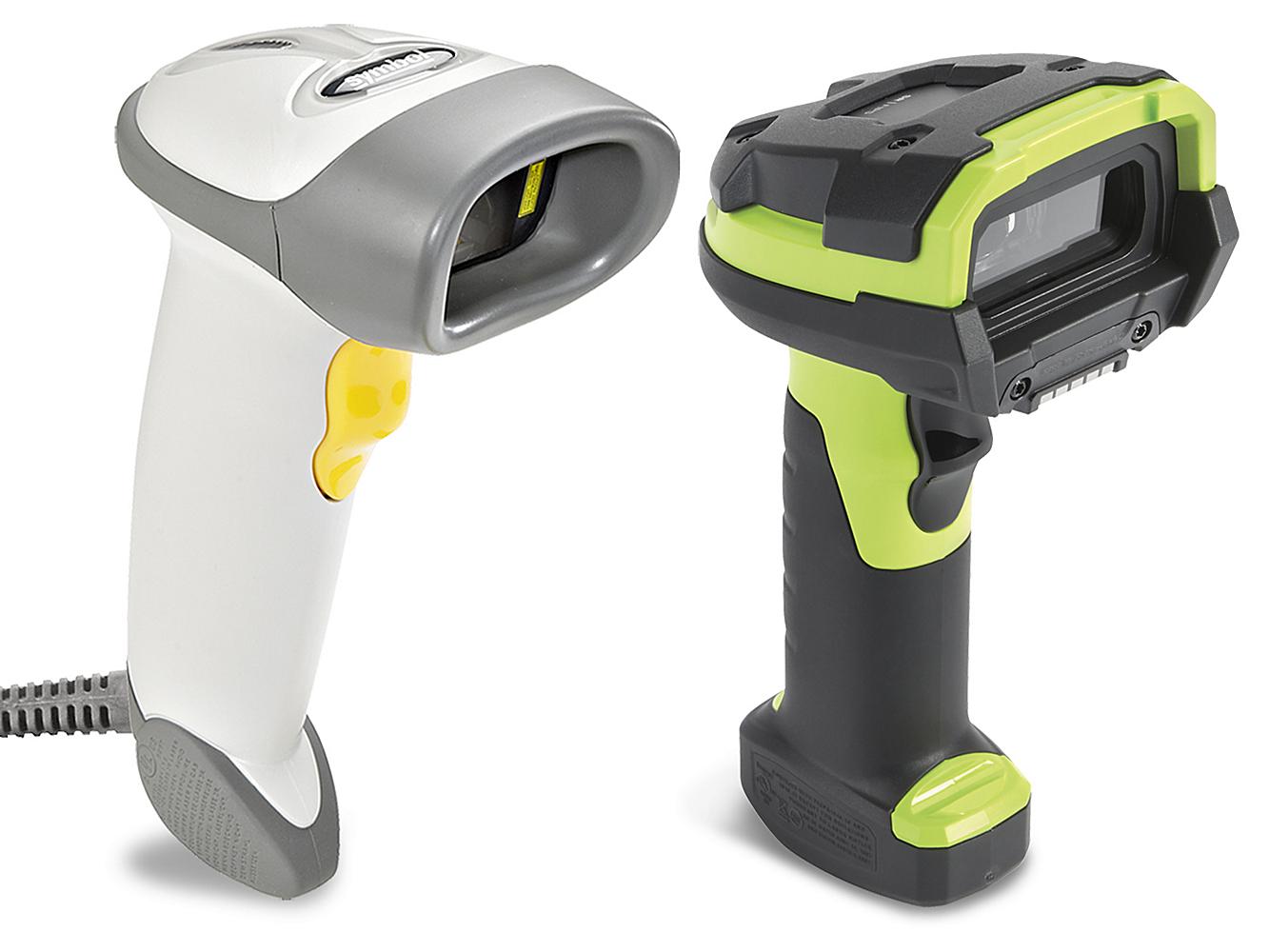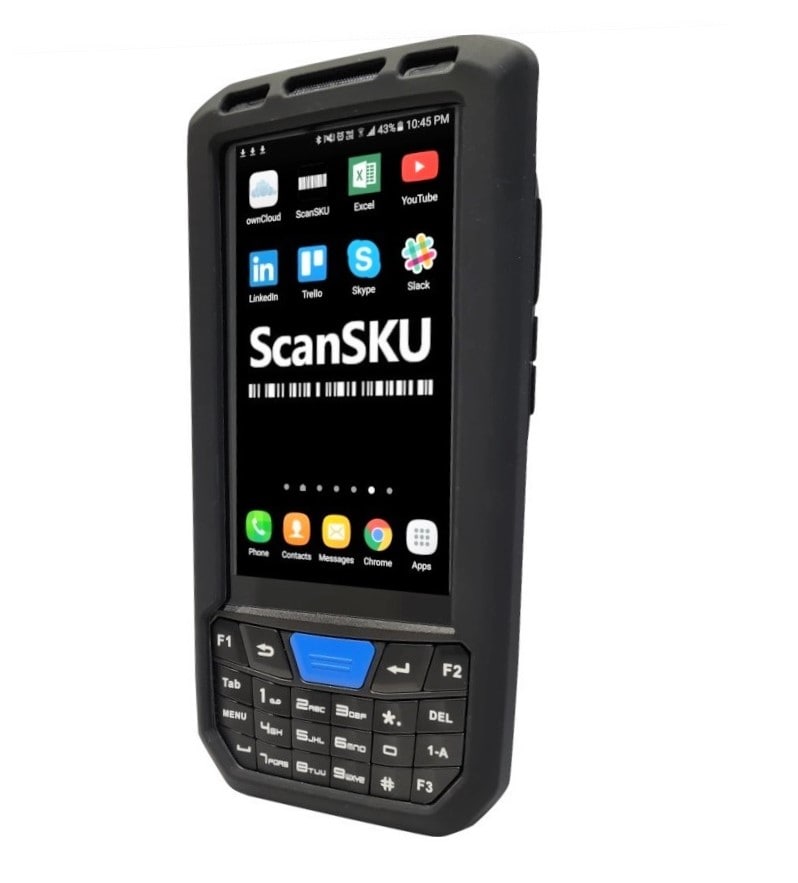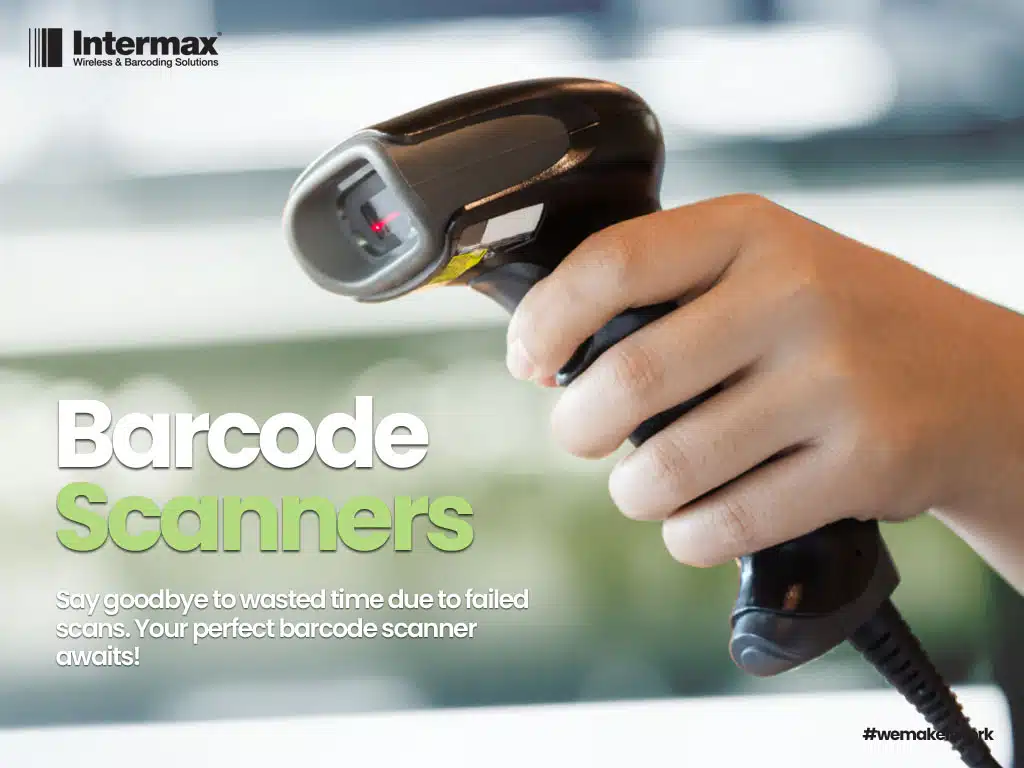Why Barcode Scanners Are Important for Modern Retail and Warehousing
In the swiftly evolving landscape of retail and warehousing, the integration of barcode scanners has actually ended up being a pivotal aspect in improving operations and improving accuracy. As businesses aim for affordable benefit, comprehending the diverse advantages of barcode innovation exposes its critical function in enhancing resource allocation and promoting durable distributor partnerships.
Benefits of Barcode Scanners
Barcode scanners provide numerous benefits that considerably improve functional effectiveness in retail and warehousing atmospheres. The automation of data entry processes gets rid of the mistakes typically related to hands-on input, leading to boosted accuracy in inventory monitoring and sales transactions. With the ability to swiftly scan products, organizations can accelerate checkout times, improving the customer experience and lowering delay times.
Additionally, barcode scanners help with real-time data collection, permitting instant updates to stock levels and sales records. This capacity allows organizations to respond quickly to adjustments sought after and optimize supply levels, lowering excess stock and lessening stockouts. Additionally, the integration of barcode scanners with supply management systems streamlines processes such as order satisfaction and product returns, better enhancing functional effectiveness.
Expense savings are an additional critical advantage. By lowering labor prices connected with hand-operated inventory monitoring and reducing mistakes that can bring about monetary losses, barcode scanners add to general earnings. Their convenience of usage and mobility make them easily accessible for team training, making certain that workers can rapidly become efficient in their procedure. Overall, the execution of barcode scanners is a calculated financial investment that yields significant returns in efficiency and functional quality.
Enhancing Supply Monitoring
Reliable inventory management is crucial for preserving functional performance in retail and warehousing settings. Barcode scanners play a crucial function in this procedure by simplifying the monitoring of stock degrees, item places, and stock activities. By automating data capture, these devices decrease human error, bring about more accurate inventory documents.
Making use of barcode scanners makes it possible for real-time visibility into stock amounts, allowing businesses to make informed choices pertaining to reordering and stock rotation. This immediacy aids protect against overstocking or stockouts, both of which can adversely affect client fulfillment and earnings margins.
Additionally, barcode scanning helps with efficient supply audits. With quick scanning abilities, team can conduct inventory checks promptly, guaranteeing that disparities are identified and corrected promptly. Enhanced stock accuracy not only sustains operational effectiveness but also strengthens relationships with distributors, as precise information can lead to much better settlement terms and enhanced order fulfillment.

Improving Checkout Efficiency
As consumers progressively demand quicker and more effective shopping experiences, improving check out procedures has actually become a top concern for stores. Applying barcode scanners plays a pivotal duty in this endeavor, significantly streamlining the purchase process. By permitting cashiers to check things rapidly, barcode modern technology minimizes the moment invested in each sale, therefore reducing total wait times for consumers.
Moreover, barcode scanners help with the exact identification of products, lessening the possibility for mispricing and ensuring that clients are billed correctly. This efficiency not just improves consumer contentment but additionally enhances the seller's functional performance. With the capacity to process several products in quick succession, sellers can manage high quantities of news deals throughout optimal purchasing hours without compromising service quality.
In addition, incorporating barcode scanners with point-of-sale systems enables real-time supply updates, giving beneficial insights into stock levels. This immediacy allows merchants to handle supply better, making certain that preferred things remain in supply and lowering the likelihood of lost sales. On the whole, the adoption of barcode scanning modern technology is vital for enhancing checkout effectiveness, eventually causing boosted consumer experiences and raised sales for merchants.
Lowering Human Mistake
In retail and warehousing atmospheres, the execution of scanning technology substantially reduces human mistake throughout deals. Traditional hands-on entrance of product info is prone to mistakes, consisting of wrong pricing, misidentified products, and information entrance errors. barcodes scanners. Barcode scanners improve this process by automating the capture of thing data, ensuring accuracy and uniformity
By making use of barcode scanners, employees can swiftly check things instead than manually inputting information. Barcode scanning mitigates these risks by boosting the precision of inventory matters and sales documents.
Furthermore, barcode scanners improve liability within the workforce. Generally, the adoption of barcode modern technology is an essential step toward accomplishing functional excellence in retail and warehousing settings.
Future Fads in Barcode Modern Technology
The development of barcode technology is positioned to change retail and warehousing operations in the coming years, driven by developments in automation, information analytics, and mobile assimilation. As industries significantly adopt see Web of Points (IoT) systems, barcode scanning will certainly come to be important to real-time stock management and supply chain optimization. Improved data analytics capacities will enable businesses to harness scanned info for predictive analytics, enhancing demand forecasting and supply turn over.

In addition, the combination of artificial knowledge with barcode innovation assures have a peek at this website to streamline processes through smart recognition and error discovery. As artificial intelligence algorithms evaluate scanned information, they can provide insights that assist avoid stockouts and overstock situations.

Verdict
Finally, barcode scanners play a crucial duty in contemporary retail and warehousing by enhancing supply administration, boosting checkout effectiveness, and significantly minimizing human error. The combination of barcode innovation not just improves operations however likewise fosters much better distributor relationships and optimizes source allocation. As technology remains to progress, the future of barcode scanning promises more innovations that will certainly drive operational effectiveness and success in progressively open markets.